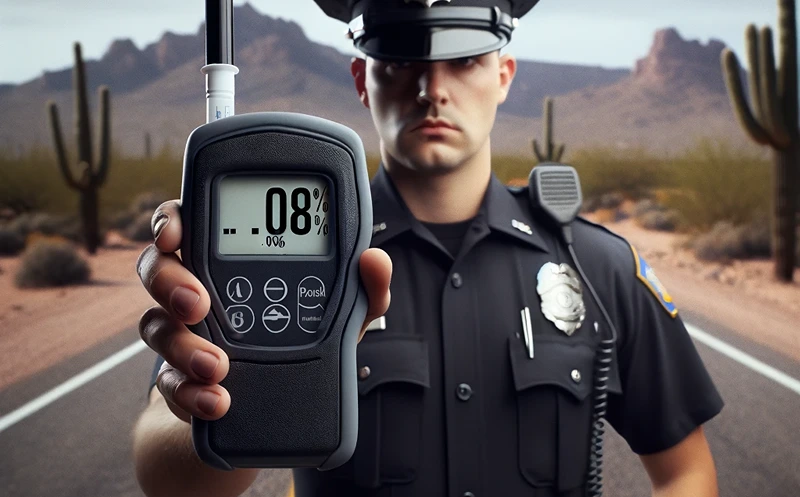
Feature Article: Exploring Field Sobriety Tests in Boating DUI Cases
Picture yourself on a warm summer day, cruising along a lake or river with friends or family. The sun is shining, the sky is blue, and the water is calm. But what happens when that peaceful day on the water takes a dangerous turn due to an OUI offense? Boating while under the influence of drugs or alcohol can have serious consequences, including legal repercussions, accidents, and even fatalities. In this article, we'll explore the use of field sobriety tests in boating DUI cases.
The Legality of Boating Checkpoints
In Arizona, law enforcement agencies have the authority to set up boating DUI checkpoints, similar to roadside sobriety checkpoints for drivers. These checkpoints are designed to systematically check boaters for signs of intoxication and are legally upheld under guidelines that ensure they are conducted fairly. While some may argue that these checkpoints infringe on personal freedoms and are a waste of taxpayer money, many others see them as a necessary tool in keeping waterways safe from reckless boaters.
Understanding Field Sobriety Tests
One of the primary tools used by law enforcement at boating checkpoints are field sobriety tests. These tests generally fall into three categories:
- Horizontal Gaze Nystagmus (HGN): A test where an officer observes the voluntary jerking of a person's eyes, looking for any signs of nystagmus, or involuntary jerking of the eyes, which can be an indication of impairment.
- Walk and Turn (WAT): A test where an individual is asked to take nine heel-to-toe steps in a straight line, turn on one foot, and take nine more heel-to-toe steps back down the line. Officers are evaluating the individual's ability to follow instructions, balance, and maintain a smooth gait.
- One-Leg Stand (OLS): A test where an individual is asked to stand on one leg while raising the other leg approximately six inches off the ground and counting out loud for a specific amount of time. Officers will look for any signs of swaying, hopping, or using arms for balance, which can be indications of impairment.
The Effectiveness of Field Sobriety Tests in Boating DUI Cases
While field sobriety tests can be effective tools in identifying impaired boaters, they are not foolproof. There are a number of factors that can affect test results, including medical conditions, nervousness, fatigue, and even the weather conditions on the water. Additionally, officers evaluating test results may have varying levels of training and experience, which can also impact the accuracy of test results.
That said, the use of field sobriety tests has been validated by the National Highway Traffic Safety Administration (NHTSA) and have been upheld by courts in cases involving both driving and boating under the influence. It's important to note, however, that field sobriety tests should be just one piece of evidence used to determine whether or not an individual is impaired.
The Consequences of Boating Under the Influence
The consequences of boating under the influence can be severe. Individuals who are caught boating while impaired may face fines, jail time, and even the revocation of their boating license. Additionally, impaired boaters are at a much higher risk for accidents, injuries, and fatalities on the water, putting not only themselves but also other boaters, swimmers, and bystanders in danger.
The Importance of Boating Safety
Boating is a fun and enjoyable activity that should be conducted safely and responsibly. This means avoiding drugs and alcohol while operating a boat, wearing life jackets, being aware of weather conditions, and following all boating rules and regulations. By taking boating safety seriously, we can all help to prevent accidents and tragedies on the water.
Contact an Experienced Boating DUI Attorney
If you or someone you know has been charged with a boating DUI offense, it's important to contact an experienced attorney who can help protect your rights. The Law Offices of Arja Shah handles boating DUI cases and provides high-quality legal representation to clients throughout Arizona. Contact us today to schedule a free consultation and learn more about how we can help defend your case.
Field Sobriety Tests in Boating DUI





